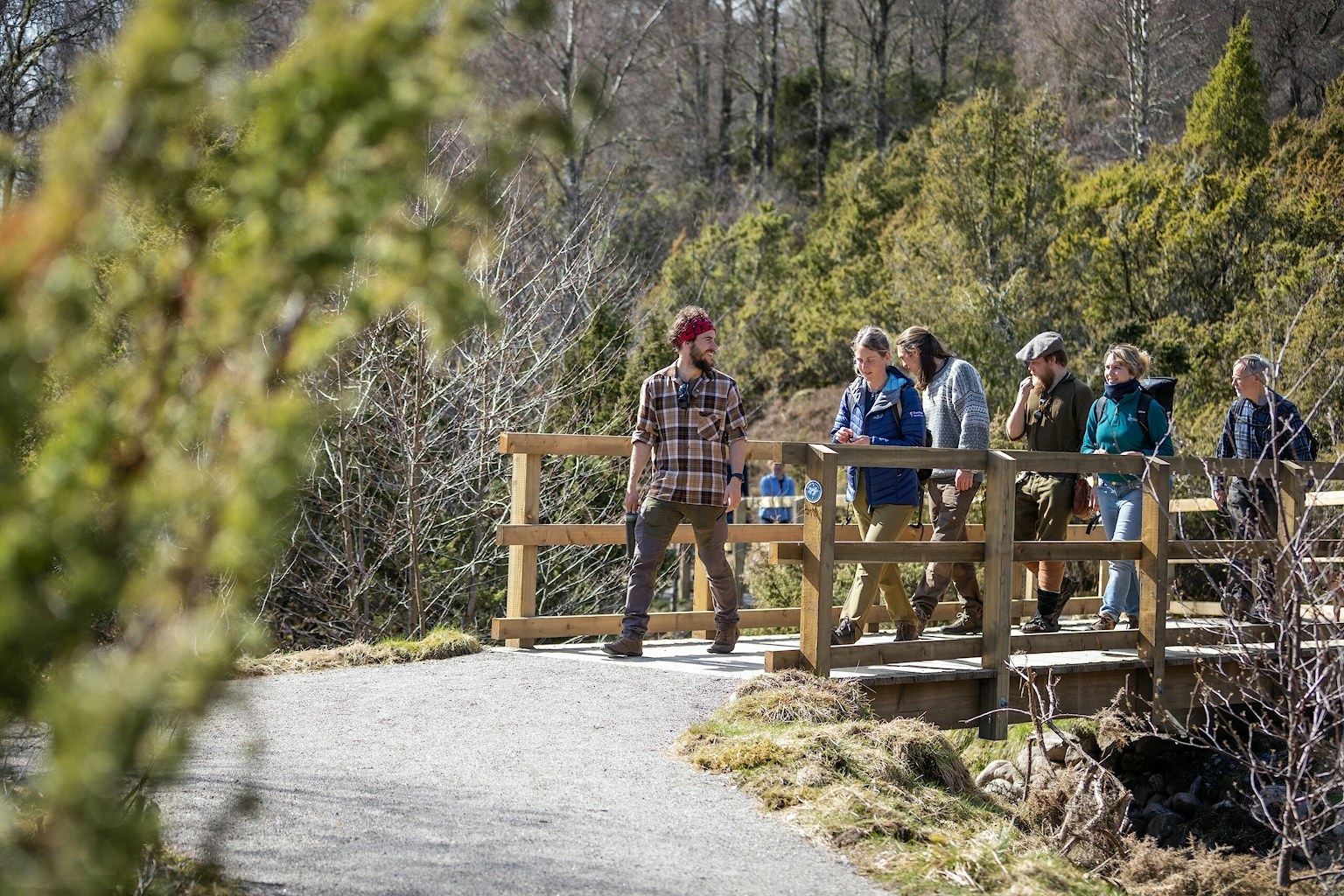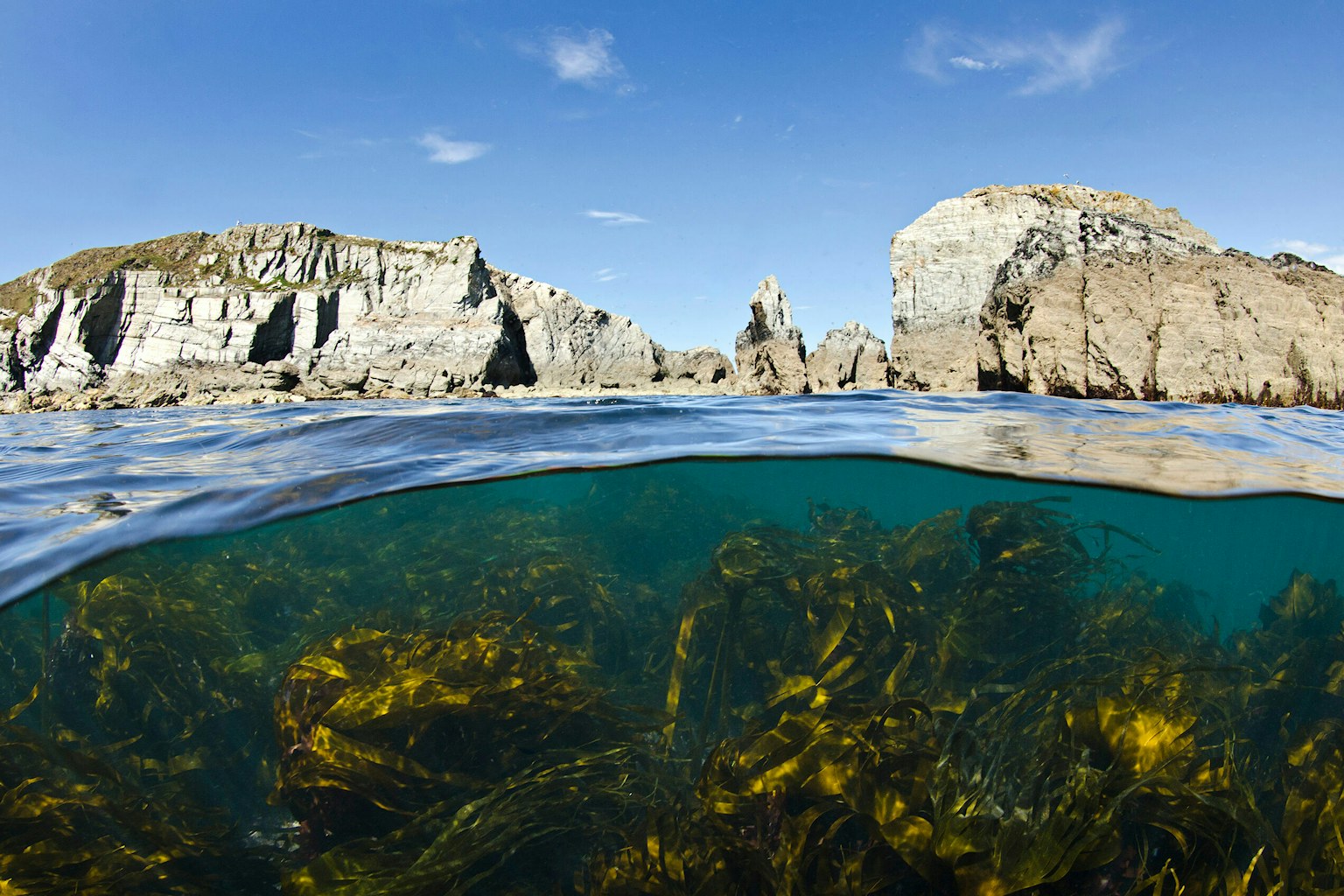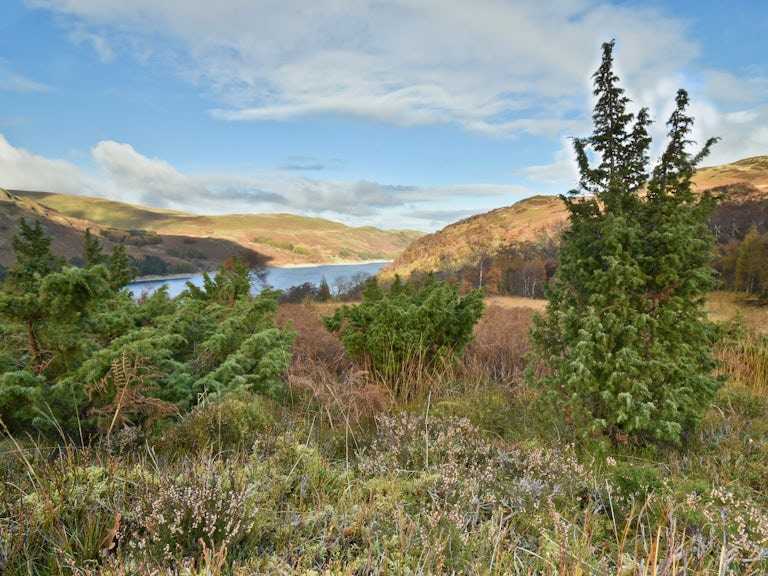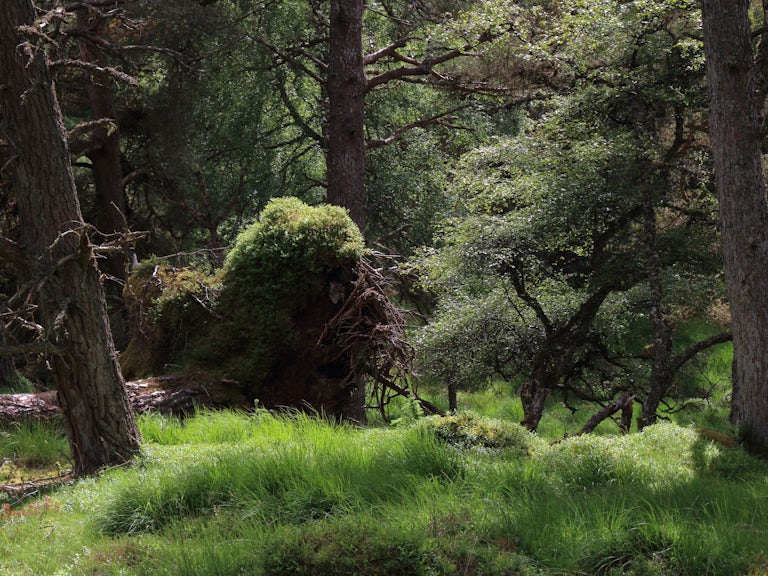New polling reveals support for rewilding is stronger than ever

Ahead of the upcoming Labour party conference, Rewilding Britain calls for the new government to commit to dedicating 30% of land and seas to rewilding by 2030 as new polling shows vast majority of British public in support.
Public backing for rewilding is stronger than ever, with more than four in five Britons in support, according to new polling by charity Rewilding Britain. Polling undertaken by YouGov shows that 83% of the British public now support rewilding, an increase of 2% from polling commissioned by the charity in October 2021.
This latest YouGov poll, conducted in June 2024, also shows that 89% of Labour voters support rewilding. Ahead of the upcoming Labour conference in Liverpool, Rewilding Britain is urging the new government to listen to their supporters, and the general public, and commit to the five key calls of their Rewilding Manifesto to enable 30% rewilding by 2030, expand nature-based jobs and businesses, make wild nature a right for all, empower communities to lead rewilding and create a game-changing shift in rewilding funding and investment.
“Our latest polling couldn’t be clearer – not only do the majority of Britons support rewilding, but that support is steadily growing,” says Rebecca Wrigley, CEO of Rewilding Britain.
“Our government needs to honour the values of their supporters and boldly commit to nature recovery by dedicating 30% of land and seas to rewilding by 2030. It’s what the public want, and it’s what our nature, climate, economy and communities sorely need.”
“Our latest polling couldn’t be clearer – not only do the majority of Britons support rewilding, but that support is steadily growing”

Rebecca Wrigley
Chief Executive

Recent data from Rewilding Britain also reveals the economic success of rewilding, with a dramatic increase in job numbers across the projects within the charity’s Rewilding Network, a network of close to 1000 rewilding projects across Britain.
A survey to the Network showed that, in Scotland, full-time equivalent jobs across 13 major rewilding projects increased from 24 before rewilding began to 123, an increase of over 400%. In England and Wales, full time equivalent jobs across 50 sites increased from 162 to 312, an increase of 93%.
The variety of jobs has boomed too, and includes nature-based hospitality and tourism, estate management, ecology, environmental monitoring, rewilding interventions, recreation, and education. At charity Trees for Life’s 4,000-hectare Dundreggan estate near Loch Ness in Scotland, jobs have increased from one to 36, while volunteer numbers have risen from zero to 100, since the rewilding charity’s purchase of the former deer stalking estate in 2008.
A recent policy brief from The Marine Alliance for Science and Technology for Scotland (MASTS) also demonstrated the natural-capital potential of rewilding, using forecasting from the successful Sussex Kelp Recovery Project along the south coast. When kelp was an abundant habitat along the Sussex coastline, it provided, according to the report, over £3.5 million worth of services from fishery resources and coastal protection to commercial species and tourism and recreation.

Since the habitat’s decimation of 96% since the mid 1980s, that value has now dropped to below £80,000. However, following the implementation of the Sussex Nearshore Trawling Byelaw in March 2021 and significant investment in recovering kelp forests coverage in Sussex through the Sussex Kelp Recovery Project, it is now forecast that ecosystem services could resurge to a value of over £3 million, once again supplying valuable economic support to struggling local communities.
“It’s now getting to a stage where it is becoming impossible to ignore the benefits rewilding can bring,” said Kevin Cumming, Rewilding Director at Rewilding Britain. “Every result we see is showing growth: more people support rewilding; more people are doing rewilding – our Rewilding Network has exceeded all its growth targets by 20% since it was launched in 2021. And rewilding is creating jobs at an unprecedented level. With proper government support, there’s no telling what further benefits rewilding could bring to all of Britain.”



